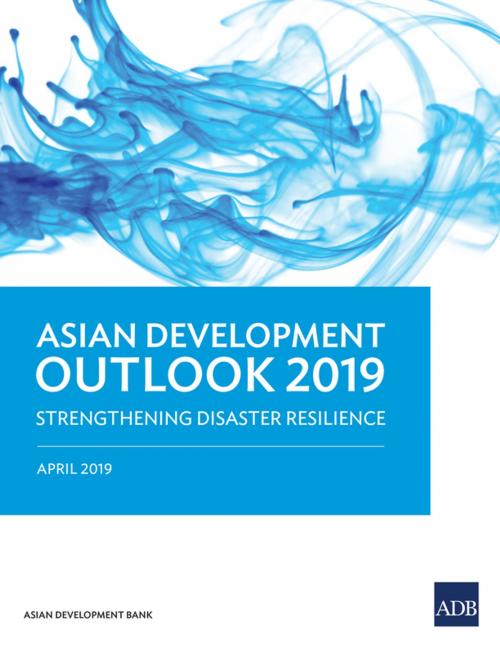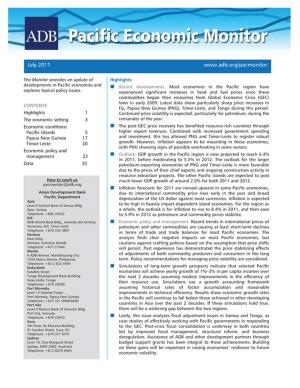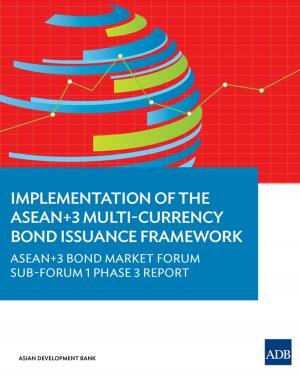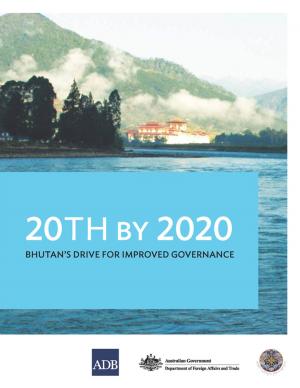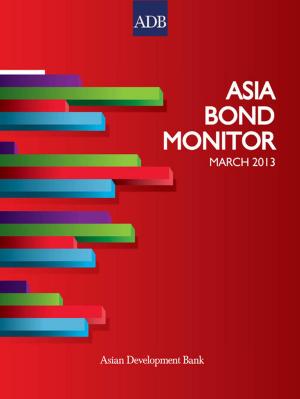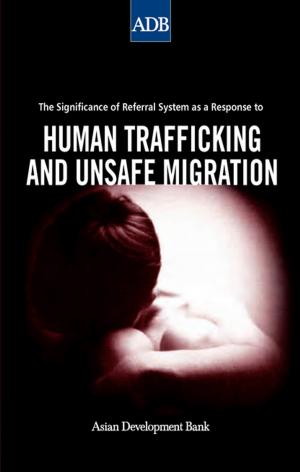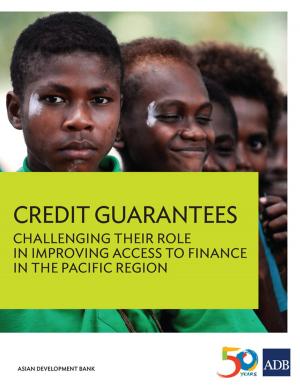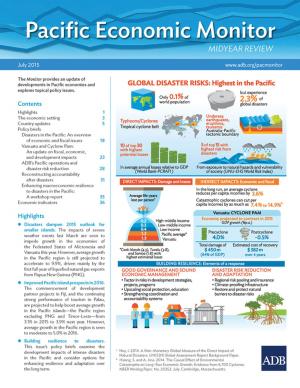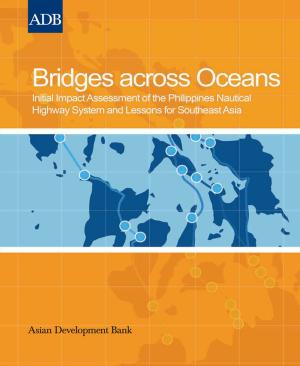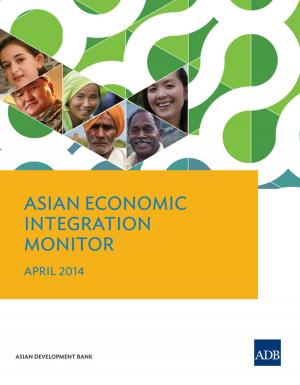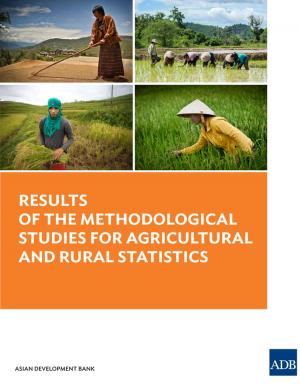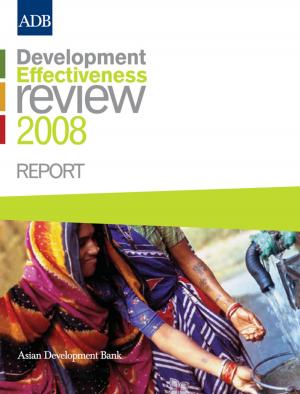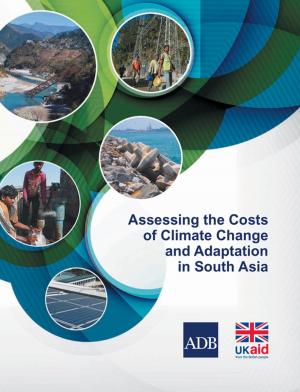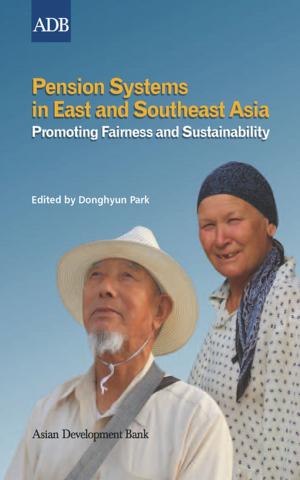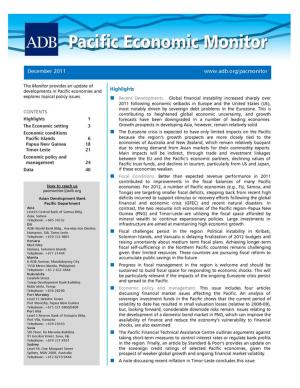Asian Development Outlook 2019
Strengthening Disaster Resilience
Business & Finance, Economics, Planning & Forecasting, Industries & Professions, Insurance| Author: | Asian Development Bank | ISBN: | 9789292615611 |
| Publisher: | Asian Development Bank | Publication: | April 1, 2019 |
| Imprint: | Asian Development Bank | Language: | English |
| Author: | Asian Development Bank |
| ISBN: | 9789292615611 |
| Publisher: | Asian Development Bank |
| Publication: | April 1, 2019 |
| Imprint: | Asian Development Bank |
| Language: | English |
The annual Asian Development Outlook, now in its 30th year, analyzes economic performance in the past year and forecasts performance in the next 2 years for the 45 economies in Asia and the Pacific that make up developing Asia. Growth prospects in developing Asia remain strong despite persistent external headwinds responsible for moderating expansion since 2017. Global trade and economic activity weakened toward the end of 2018, slowing growth in many economies in the region. The outlook is cloudy with risks that tilt to the downside. A drawn-out trade conflict could undermine trade and investment in the region, and US fiscal policy and the consequences of a disorderly Brexit could weigh on growth in the advanced economies and the People's Republic of China. Though the risk of sharp increases in US interest rates has subsided, policy makers must stay vigilant. Disasters are shaped by natural hazards and the dynamics of the economy, society, and environment in which they occur. They pose a growing threat to development and prosperity in the region, their consequences disproportionately severe in developing countries, especially for the poor and marginalized. As developing Asia is home to more than four-fifths of the people affected by disasters globally in the past 2 decades, the region must strengthen its disaster resilience. This means integrating disaster risk reduction into national development and investment plans, spending more on prevention for a better balance with spending on rescue and recovery, and pooling risk through insurance and reinsurance.
The annual Asian Development Outlook, now in its 30th year, analyzes economic performance in the past year and forecasts performance in the next 2 years for the 45 economies in Asia and the Pacific that make up developing Asia. Growth prospects in developing Asia remain strong despite persistent external headwinds responsible for moderating expansion since 2017. Global trade and economic activity weakened toward the end of 2018, slowing growth in many economies in the region. The outlook is cloudy with risks that tilt to the downside. A drawn-out trade conflict could undermine trade and investment in the region, and US fiscal policy and the consequences of a disorderly Brexit could weigh on growth in the advanced economies and the People's Republic of China. Though the risk of sharp increases in US interest rates has subsided, policy makers must stay vigilant. Disasters are shaped by natural hazards and the dynamics of the economy, society, and environment in which they occur. They pose a growing threat to development and prosperity in the region, their consequences disproportionately severe in developing countries, especially for the poor and marginalized. As developing Asia is home to more than four-fifths of the people affected by disasters globally in the past 2 decades, the region must strengthen its disaster resilience. This means integrating disaster risk reduction into national development and investment plans, spending more on prevention for a better balance with spending on rescue and recovery, and pooling risk through insurance and reinsurance.
